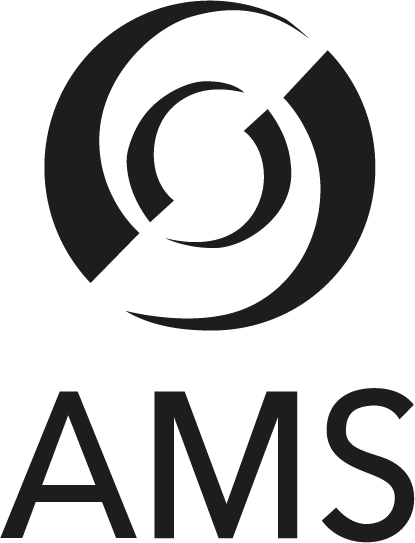NSN: 5925-00-878-1932
Circuit Breakers
CIRCUIT BREAKER
CIRCUIT BREAKER
ACT NOW! SUBMIT A QUICK QUOTE.
Technical Characteristics
-
Operating Voltage Type And Rating Per Pole In Volts
240.0 ac single location
-
Reset Method
manual
-
Actuator Position Designation
at pole one
-
Actuator Function
trip-reset
-
Terminal Type And Quantity
2 screw
-
Maximum Interrupting Capacity Current Type And Rating Per Pole In Amps
7500.0 ac single location
-
Circuit Protection Type
overcurrent single location
-
Pole Quantity
1
-
Trip Delay Time In Seconds Per Rated Continuous Current
30.000 minimum at 200 pct single location and 90.000 maximum at 200 pct single location
-
Manual Actuator Type And Quantity
1 toggle
-
Trip Release Method
thermal-magnetic single location
-
Mounting Facility Type And Quantity
2 unthreaded hole
-
Trip Release Ambient Temp Rating
25.0 deg celsius nominal single location
-
Ultimate Trip Rating Of Continuous Current Rating Per Pole In Percent
125.0 single location
-
Main Contact Tripping Mechanism Type
trip free
-
Maximum Continuous Load Current Rating Per Pole
20.0 amperes ac single location
-
Unthreaded Mounting Hole Diameter
0.188 inches nominal
-
Frequency In Hertz
60.0 single location
-
Trip Release Characteristic
instantaneous single location and time delay single location
-
Case Material
plastic
Related Parts by Category
Related Manufacturers

 Certified to
Certified toAS6081 Methods









